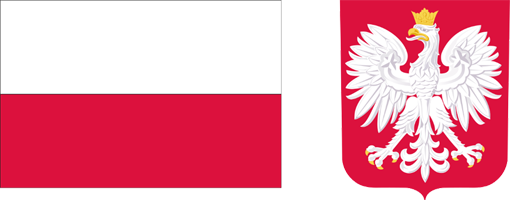Current issue
Archive
About the Journal
Aims and Scope
Advisory Board
Members of the Editorial Board
List of reviewers
Publishing process
Publishing Ethics and Malpractice Statement
Personal data protection (GDPR)
Creative Commons License
CrossRef Member / Similarity Check
For Authors
Call for papers
Guidelines for authors
Submitting a manuscript through the editorial system – step by step
For Reviewers
Peer review process
Guidelines for reviewers
Submitting a review – step by step
Contact
RESEARCH PAPER
BEYOND THE BLACK BOX: TOWARDS A SYSTEMS THEORY OF FARMING FAMILY AND FAMILY FARM
1
Warsaw University of Life Sciences, Warsaw
2
Institute of Agricultural and Food Economics National Research Institute, Warsaw
Submission date: 2021-07-23
Final review date: 2021-09-13
Acceptance date: 2021-10-14
Publication date: 2022-03-28
Zagadnienia Ekonomiki Rolnej / Problems of Agricultural Economics 2022;370(1):42-86
KEYWORDS
TOPICS
ABSTRACT
The aim of this article is to present the need for a view of a family farm that is complementary to neoclassical economics and outline the framework concepts on which the future systems theory of family farms could be based. The article is a conceptual overview. The paper presents the development of economics and organization of farms. It was emphasized that in addition to the analytical approach, which today fits into the neoclassical mainstream of economic thought, the organic approach, which is related to the contemporary systems approach, was also important in the discipline. The authors presented two trends considered to be the foundation of the target theory of family farms: systems thinking and new institutional economics. An outline of the concept of a new approach to family farms is presented as a systemic whole connecting the family and its household involved in agricultural production, with the possibility of reducing internal transaction costs (agency costs) being an important attribute of this whole. Family farms still remain the predominant form of agricultural activity in Poland, Europe, and other continents. The family nature of the entities creates their specificity both in terms of goals and behaviors, which is difficult to reduce to the neoclassical model of firm, which seeks to maximize profits. What is needed is a holistic, systems approach complementary to the predominant neoclassical approach, considering close relations between the family and the agricultural production unit.
We process personal data collected when visiting the website. The function of obtaining information about users and their behavior is carried out by voluntarily entered information in forms and saving cookies in end devices. Data, including cookies, are used to provide services, improve the user experience and to analyze the traffic in accordance with the Privacy policy. Data are also collected and processed by Google Analytics tool (more).
You can change cookies settings in your browser. Restricted use of cookies in the browser configuration may affect some functionalities of the website.
You can change cookies settings in your browser. Restricted use of cookies in the browser configuration may affect some functionalities of the website.



